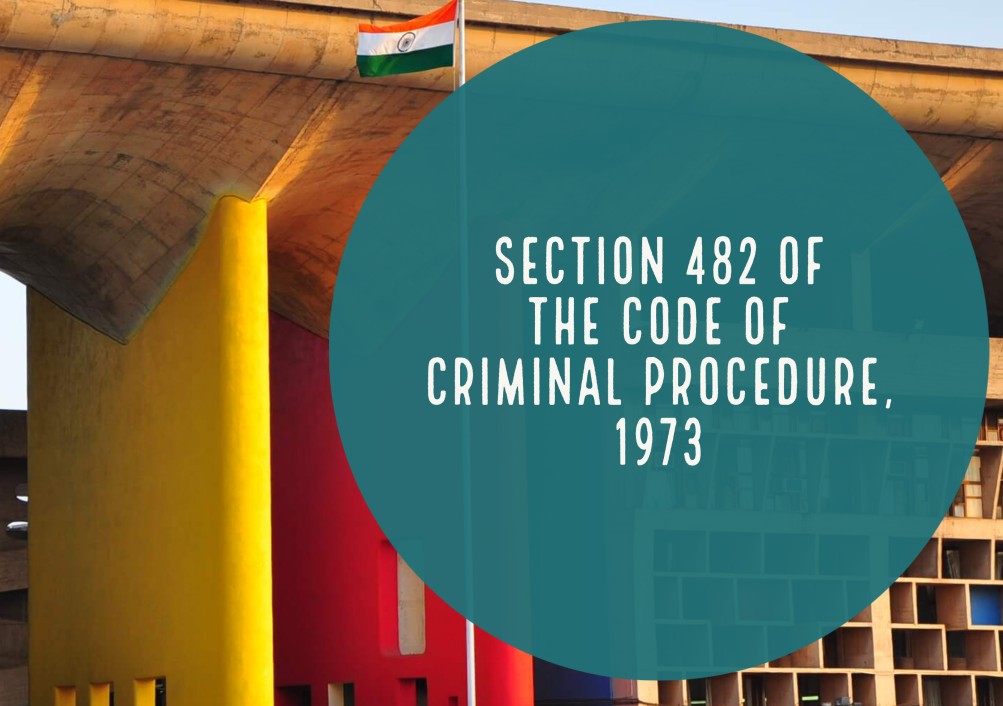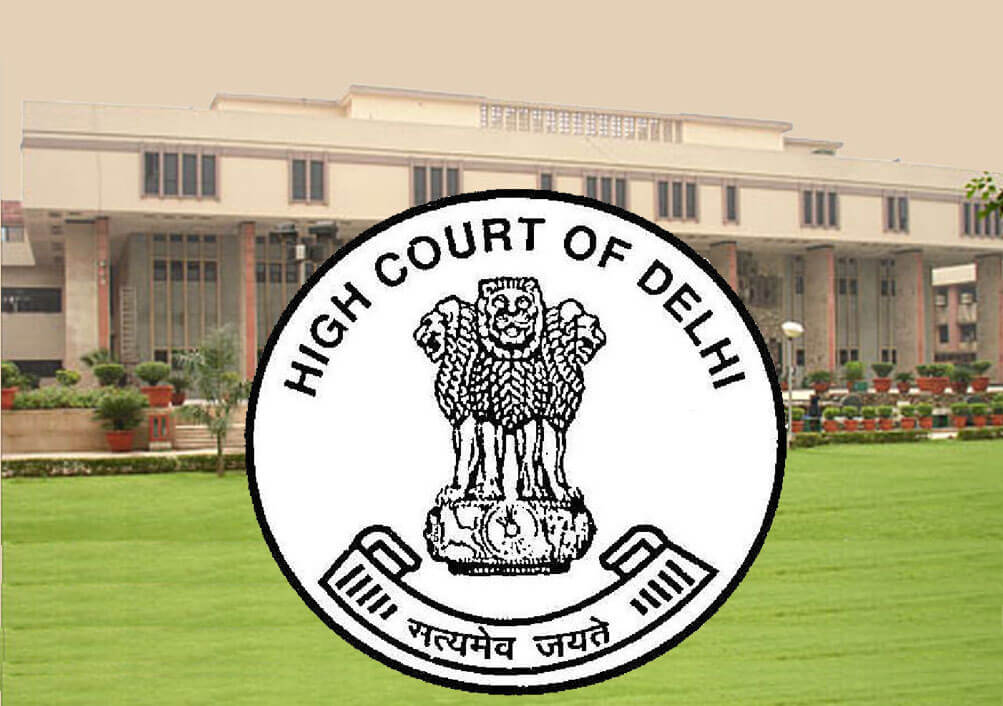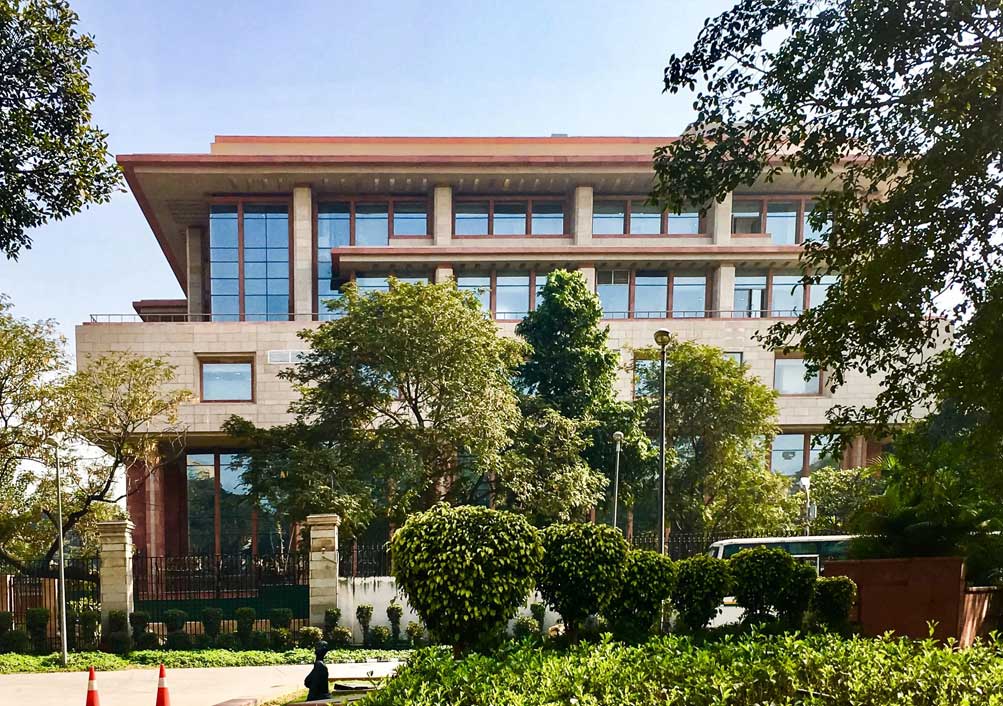Section 482 Cr.P.C. is not a panacea for all ills: High Court on a plea seeking quashing of FIR

Read Order: Tofik Ahmed v. State of Haryana and another
Vivek Gupta
Chandigarh, July 23, 2021: Dismissing a plea filed under section 482 of the Code of Criminal Procedure (Cr.P.C) for quashing of an FIR pertaining to snatching as well as violent attack, the Punjab and Haryana High Court has held that the said section is “not a panacea for all the ills”.
Justice HS Madaan noted that the above mentioned section gives inherent powers to the High Courts to make such orders as may be necessary to give effect to any order under the Code of Criminal Procedure, or to prevent abuse of the process of any Court or otherwise to secure the ends of justice.
“Simply because by invoking such jurisdiction of the High Court, a litigant may hope to get prompt justice, does not mean that the mechanism provided under the Code is to be given a go bye. In that way Section 482 Cr.P.C., is not a panacea for all the ills,” the HC observed.
The petitioner Tofik Ahmed was booked along with some others on December 11, 2019, for offences under Sections 148, 149, 323, 325, 341, 379-B, 201, 506 IPC and Section 25/54 of Arms Act, 1959, registered at Police Station Nagina in Haryana’s Nuh (Mewat) district.
Seeking quashing of the FIR and ancillary proceeding, the main grouse of the petitioner was that he was not present at the spot at the relevant time, as is evident from the record regarding his attendance. He claimed that he has been wrongly roped in by the complainant, just to harm him by way of getting his services with Haryana Roadways terminated for the reason of his involvement in a criminal case.
Deciding the matter, the bench of Justice HS Madaan stated that Section 227 of the Code of Criminal Procedure provides that if, upon consideration of the record of the case and the documents submitted therewith, and after hearing the submissions of the accused and the prosecution on this behalf, the Judge considers that there is not sufficient ground for proceeding against the accused, he shall discharge the accused and record his reasons for so doing.
Whereas Section 228 deals with framing of charge dilating that if after such consideration and hearing, the Judge is of opinion that there is ground for presuming that the accused has committed an offence, which is exclusively triable by the Court, he shall frame in writing a charge against the accused, the HC held.
“Thus, a full fledged mechanism is there in the Code of Criminal Procedure, to deal with such eventualities and the accused must take recourse to the said mechanism, instead of coming to this Court.
“Simply because by invoking section 482 Cr.P.C, a litigant may hope to get prompt justice, does not mean that the mechanism provided under the Code is to be given a go bye. In that way Section 482 Cr.P.C., is not a panacea for all the ills. Under the circumstances, this petition cannot survive and is dismissed accordingly,” observe the bench.
It added that the petitioner may raise all the pleas before the trial Court at the time of framing of charge and the trial Court is directed to consider such pleas and deal with the same by way of a speaking order. It is observed here that if the trial court does not agree with the contentions raised by the learned counsel for the petitioner – accused, then he may challenge the said order by way of filing a revision and thereafter may avail of any other remedy open to him under the law.
Sign up for our weekly newsletter to stay up to date on our product, events featured blog, special offer and all of the exciting things that take place here at Legitquest.




Add a Comment